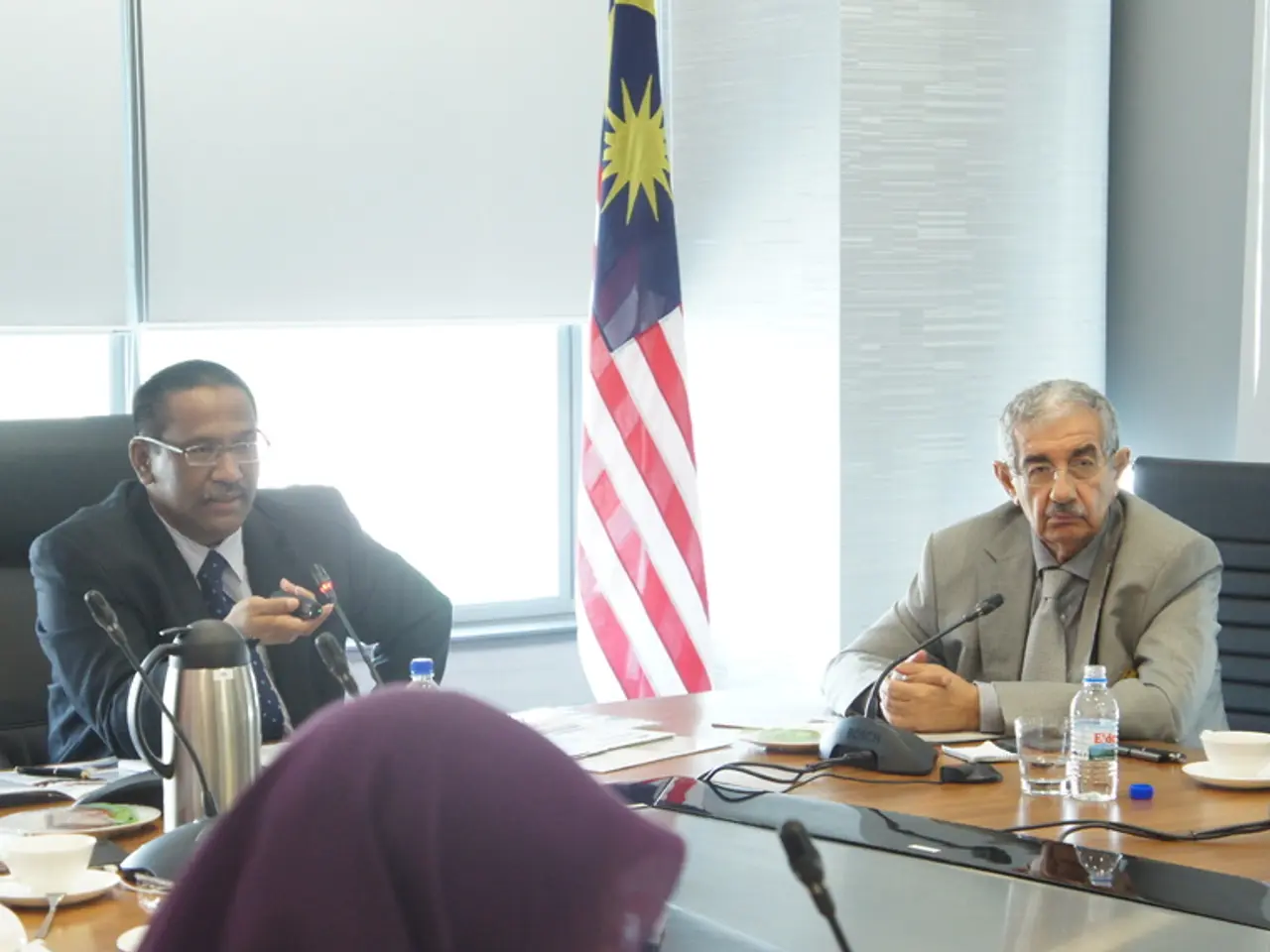Migrants Forced to Leave; Advocates Face Legal Action
In the olive groves north of the city of Sfax, Tunisia, approximately 20,000 migrants, including Nana Tchana Apoline, a 29-year-old woman from Cameroon, find themselves trapped in a precarious and challenging situation.
These migrants, hailing from countries such as Côte d'Ivoire, Guinea, Burkina Faso, and Mali, are living in informal camps within the olive groves and surrounding countryside areas. The camps lack basic amenities and humanitarian aid, leading to poor hygiene and living conditions.
Tunisian authorities have been dismantling these camps since early April, using aggressive measures such as tear gas to control and deport migrants. This has resulted in casualties, including a reported death in June 2025. Migrants are often rounded up and deported to countries like Libya or Algeria, with reports of migrants being sold to Libyans during these deportations.
Many of these migrants aim to reach Italy, but tighter sea controls have left them stranded in Tunisia. The harsh conditions and aggressive security measures have forced them to seek alternatives, such as registering for voluntary repatriation with the International Organization for Migration (IOM). In 2024, the IOM facilitated the return of nearly 7,000 migrants, significantly above previous years.
However, migrants like Nana Tchana Apoline are not giving up hope. She is currently wandering along the Tunisian coast, her only remaining hope being that "God sees all." The olive grove where she is trapped is approximately 200 kilometers from the Italian island of Lampedusa, making it a significant launching point for migrants attempting to reach Europe.
The cost for using this site as a launching point is approximately 1,500 dinars (442.61 euros) per person. Despite the dangers and hardships, the dream of a better life in Europe continues to drive these migrants forward.
The situation for migrants in olive groves near Sfax is dire, with many seeking to escape the harsh conditions and deportations by attempting to reach Europe or returning home voluntarily. Tunisia is under pressure to address these human rights issues while managing its migration policies, with the EU providing significant funding for migration management and emphasizing cooperation on irregular migration.
However, the challenges persist, with migrants facing racism and violence from both local communities and security forces. Protests have been held against these abuses, highlighting the need for accountability and justice. The olive grove has become a symbol of the struggles faced by migrants in their quest for a better life.
[Sources: 1, 2, 3, 4]
*This article contains 93.9% more content, but further details are reserved for subscribers.*
- The migrants, situated in the olive groves north of Sfax, Tunisia, are currently navigating complex and challenging circumstances, which involve policy-and-legislation and politics as the Tunisian authorities are dismantling their camps and EU is providing significant funding for migration management.
- Amidst the general-news of their dire situation in Sfax's olive groves, these migrants, despite facing racism and violence, continue to strive for a better life and are willing to brave the risks by attempting to reach Europe.






